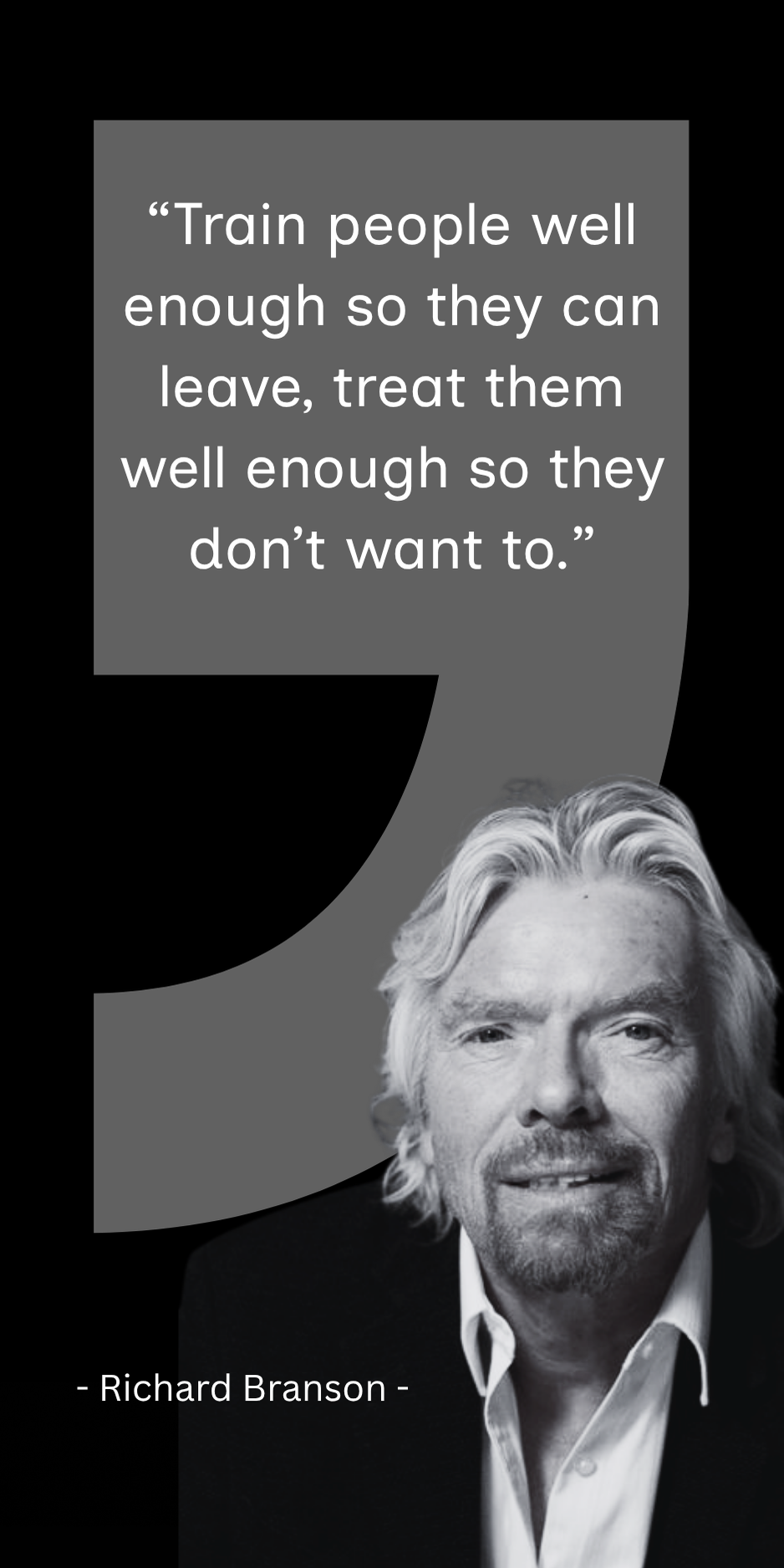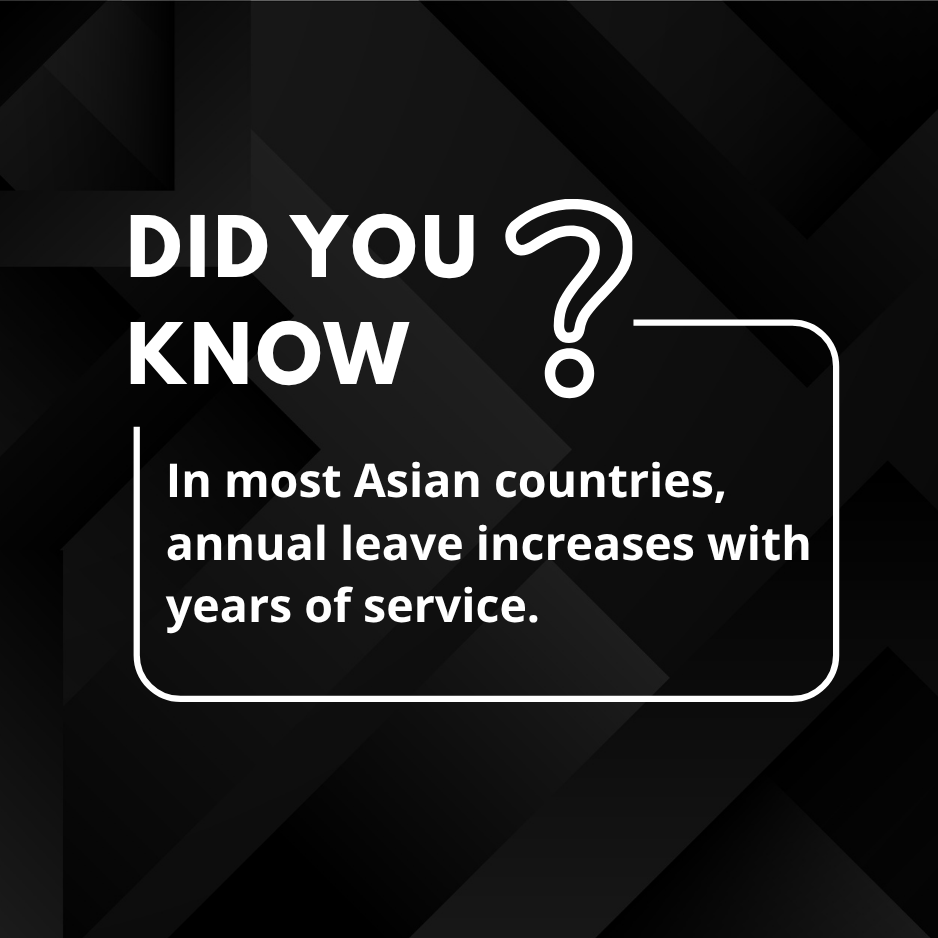Now Reading: Communication Without Trust Is Just Noise
-
01
Communication Without Trust Is Just Noise
Communication Without Trust Is Just Noise
By Larry L. Little, Communications & Public Affairs Leader
In my 20 plus years working in communications from broadcast newsrooms to government agencies I’ve seen one truth repeat itself: when trust erodes, communication fails, no matter how polished the message. We live in a time when information moves faster than understanding. Leaders are tweeting before they think. Organizations issue statements before they’ve listened. And somewhere between the headlines and the hashtags, truth gets lost in translation.
As someone who’s led crisis communication efforts through wildfires, pandemics, and policy controversies, I’ve learned that success doesn’t come from crafting perfect messages it comes from building trust before you need it.
The Myth of “Crisis Communication”
Every communications professional has heard the phrase “crisis communication plan.” It sounds strong, prepared, and strategic but let’s be honest: you can’t “plan” your way through public mistrust. In the middle of a crisis, people don’t just want information; they want reassurance. They want to know you see them, hear them, and care about what happens next. When I was working with county officials during the COVID-19 pandemic, we faced that challenge every day. The messages weren’t just about safety they were about credibility. We weren’t just updating numbers; we were building a lifeline of trust between the government and the people it served. That experience changed my view of communication forever. I realized that communication during a crisis isn’t just about speaking clearly, it’s about leading transparently.
“Leadership Is Communication and Communication Is Leadership”
Too often, organizations separate communication from leadership, as if messaging is just a support function. But in reality, communication is leadership in action. When leaders communicate honestly, especially when the truth is uncomfortable, they create conditions for collaboration, not conflict. When they choose silence, or worse, spin, they lose not just credibility, but culture. I’ve seen both sides of that equation. In times of crisis, leaders who communicated early and honestly, even when they didn’t have all the answers, earned public respect. Those who waited for the “right words” often found that silence spoke louder than their eventual press release.
People don’t expect perfection. They expect presence.
Authenticity Isn’t a Trend It’s a Responsibility
Today’s audiences can detect inauthenticity faster than any algorithm. Whether you’re leading a county agency or managing a brand campaign, people don’t just listen to what you say they feel how you say it. The rise of social media has created what I call the empathy economy. People reward authenticity, transparency, and vulnerability. They value leaders who show humanity, not just authority. In my work leading public outreach for community programs from environmental health to social justice initiatives, I’ve learned that storytelling is not about spin; it’s about service. The goal isn’t to control the narrative; it’s to earn the right to be heard. When your message is rooted in empathy, people don’t just hear it, they believe it.
The Power of Listening
In communications, we talk endlessly about “messaging,” “visibility,” and “reach.” But the most underrated skill in the field is listening. I once worked on a community initiative that initially faced strong pushbacks. People didn’t trust the intent behind it, despite our clear objectives and careful planning. Instead of doubling down on messaging, we shifted to dialogue holding town halls, community calls, and one on one meetings. What happened next was powerful. As soon as we stopped talking to people and started listening to them, the tone changed. Listening didn’t make the problem disappear, but it made people feel seen. And once people feel heard, they’re willing to collaborate. That’s the real magic of communication, not convincing but connecting.
I often tell my teams: if you’re building trust during a crisis, you’re already too late. Trust is the outcome of consistency in how you communicate on ordinary days that determines how you’ll be believed in the extraordinary ones. That’s why I emphasize relationship building as the foundation of every communication strategy. Whether it’s journalists, employees, or community partners, you have to invest time long before you need their support. When the pandemic hit, our agency didn’t have to start from scratch. Years of consistent, transparent communication meant that people already knew who we were, and that made all the difference when the world turned upside down.
The Missing Ingredient: Emotional Intelligence
There’s a misconception that communication is purely technical writing, media handling, and press management. But the real power lies in emotional intelligence. Being able to read the room, sense tension, and communicate with compassion are not “soft skills” their strategic assets. I’ve led teams through long nights of crisis response, where stress was high and patience were low. In those moments, emotional intelligence became the stabilizer.
“A calm voice can diffuse chaos. A kind word can prevent burnout.”
And genuine respect can rebuild morale faster than any motivational speech. No training manual teaches you that, but every great communicator knows it. Looking ahead, I believe the most effective communicators in government, business, and beyond will be those who lead with purpose, not just process. We move from a world of “public relations” to one of our public responsibilities. People are no longer asking, “What does this organization do?” They’re asking, “What does it stand for?” That question demands more than clever phrasing. It requires conviction. Communicators must become bridge builders connecting facts to feelings, institutions to communities, and words to action. The future of communication isn’t about managing perception; it’s about cultivating trust, truth, and transparency. After two decades of navigating the intersection of media, leadership, and public trust.
My opinion is simple: communication is not a department; it’s a discipline of integrity. Every word we share, every silence we choose, every story we tell all of it either strengthens or weakens trust. In a noisy world, clarity is courage. And in times of crisis, trust is the only message that matters.











